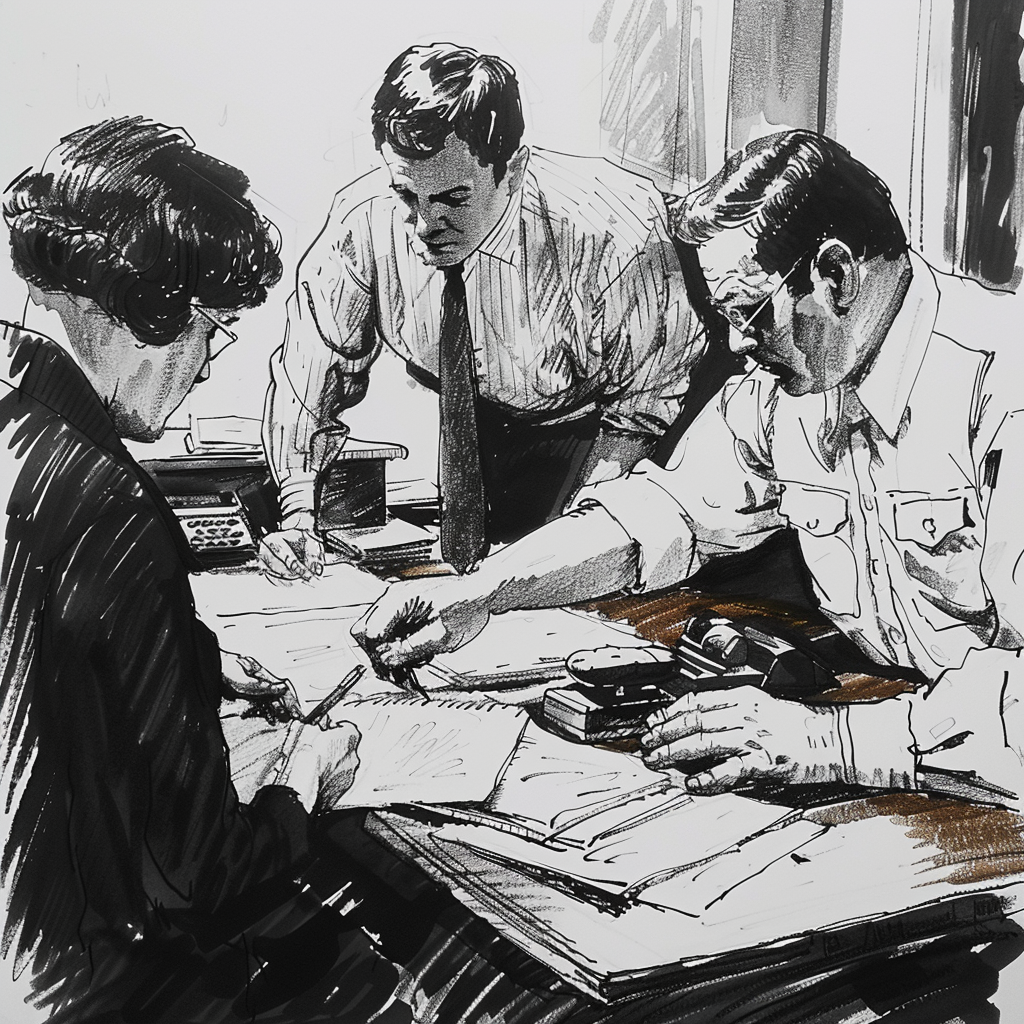The letter was nothing more than a general, rough task for the GDR combines and factories that were to lay the over 500-kilometer-long section of pipeline from Kremenchuk in Ukraine to its western border, with everything else that went with it.
This post has been moved. Please follow us on Medium to read and/or listen (!) to it in full.
The Bright Side of the Doom, a Prequel to 1984, The 18-Year-Old Who Wrote a Note and Disappeared is now available worldwide in bookstores as a hardcover, paperback, and e-book‼️
